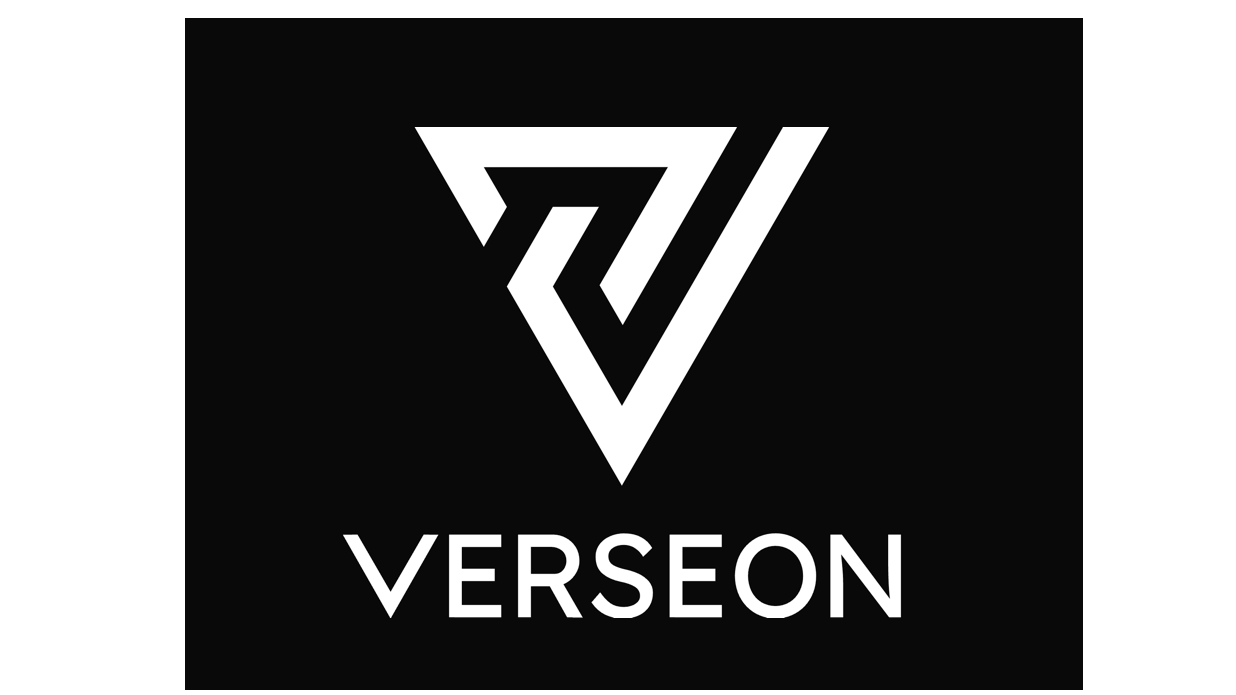Verseon Acquires Edammo
Verseon tried Edammo’s technology, built a relationship and decided it wanted exclusive use.


Verseon Corporation has acquired Edammo , an artificial intelligence-focused company, to deepen its own AI-based drug discovery platform, the companies revealed Tuesday. Adityo Prakash, co-founder and CEO of Verseon and Ed Ratner, CEO at Edammo, discussed the acquisition with BioSpace.
“We develop completely new drugs on the computer, atom by atom, then we make them in the laboratory,” Prakash said. "Weare changing how small molecule drugs are designed and developed with a level of efficiency that hasn’t been possible before.”
He added that Verseon also “comes up with entirely new kinds of drug molecules than you can find with existing high-throughput screening methods or existing libraries.”
Verseon’s process involves molecular physics-based design along with AI to develop new categories of drugs with novelty, “not just for novelty’s sake,” Prakash said, “but because they actually deliver better outcomes.”
Edammo was not specifically focused on biopharma. Ratner described the company's platform as “a broadly applicable AI technology.” As such, it has worked in a range of industries, including aviation, healthcare, human resources, insurance, manufacturing, pharmaceuticals, retail and more.
Small and Wide Data
Edammo approached AI in a very different way, Ratner said, noting, “Everybody talks about ‘big data,’ because the perspective is that no matter what field you’re in, the amount of data is going to grow exponentially - the amount of data you’re working with is huge and you build your AI with that assumption.”
However, Edammo’s founding team, which includes Ratner, knew that “wasn’t the case across the board." So, they approached the "AI problem" with the assumption that the amount of data available would be essentially limited.
"We believed that in many fields, the amount of data would be limited, and would be roughly comparable to the number of properties that describes each example," he said.
Analyzing Big Data is useful for what some in the industry refer to as “bigger pictures ideas,” or helping to determine if youre looking “at a tree or a building.” Small and Wide Data is better used to “select specific information and specific insights from individual data components," Ratner said.
“Fundamentally it’s a very basic approach,” he continued. “And if the problem has the ‘small-and-wide’ characterization, meaning the number of examples is limited and the number of properties describing the problem is large, we could solve those problems better than anyone.”
This type of approach appears to be especially effective for biopharma. Prakash noted biopharma was more often the realm of Small Data than Big Data.
"People don’t recognize that or understand that, particularly people coming from a pure biopharma background, because AI sounds like a magic box that solves all problems, but it doesn’t," he said.
If researchers try to track every impact a drug would have throughout the body, through every data point and every type of drug, there’s so much data that Prakash said it’s impossible from a practical perspective.
Small molecule design turns out to be something with few evolutionary rules that can help in drug design. But small changes in a small molecule can have dramatic changes on its impact in the body. “This makes the problem incredibly complicated,” Prakash noted.
Often, in developing novel drugs, the available dataset is small and sparse. This is more challenging for AI systems dependent upon Big Data.
Edammo’s Extreme AutoML technology, it turns out, works very well in life sciences areas that depend upon small datasets, and has demonstrated a lower error rate than some external industry benchmarks such as Google AutoML.
Verseon has built many drugs using its own design methodology, which starts with molecular physics but then uses its own AI system to help in refining the molecules.
Making it Exclusive
The company has officially revealed seven programs for a range of indications, including heart disease, diabetes and cancer. It has often looked elsewhere to AI companies to see if anyone had better results.
This is how Verseon found Edammo, “which was having significantly better results than the rest of the industry. Wethought it could be an incredibly good tool for the biopharma drug-development arena," Prakash said.
Verseon tried Edammo’s technology, built a relationship and decided it wanted exclusive use. Edammo, which primarily focused its technology on drug development, was interested in the acquisition. Under the partnership, Edammo’s technology “will be used exclusively for drug development,” Prakash noted.
He added that as Verseon moves forward into the clinic, analyzing patient data where data can be limited, Edammo’s tools “will be a very nice addition to our platform.”
No financial details have been released regarding the acquisition, but Prakash noted it is a "healthy, stock transaction."
Ratner shared that “Edammo investors learning about the details of the acquisition were very excited.”
Source: Plato Data Intelligence: Platodata.ai

